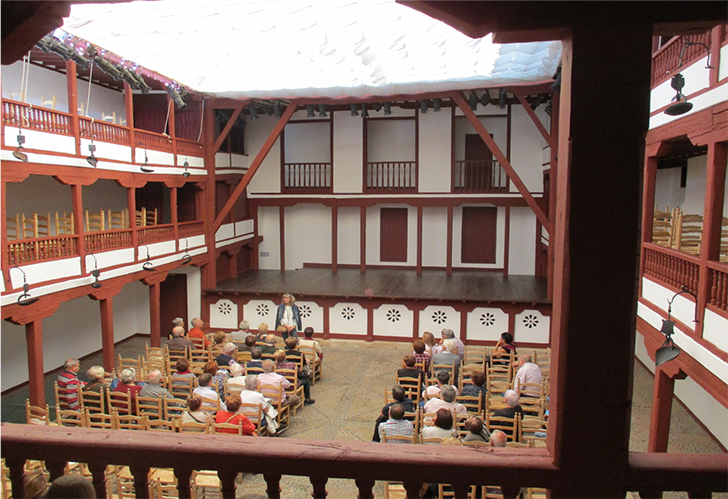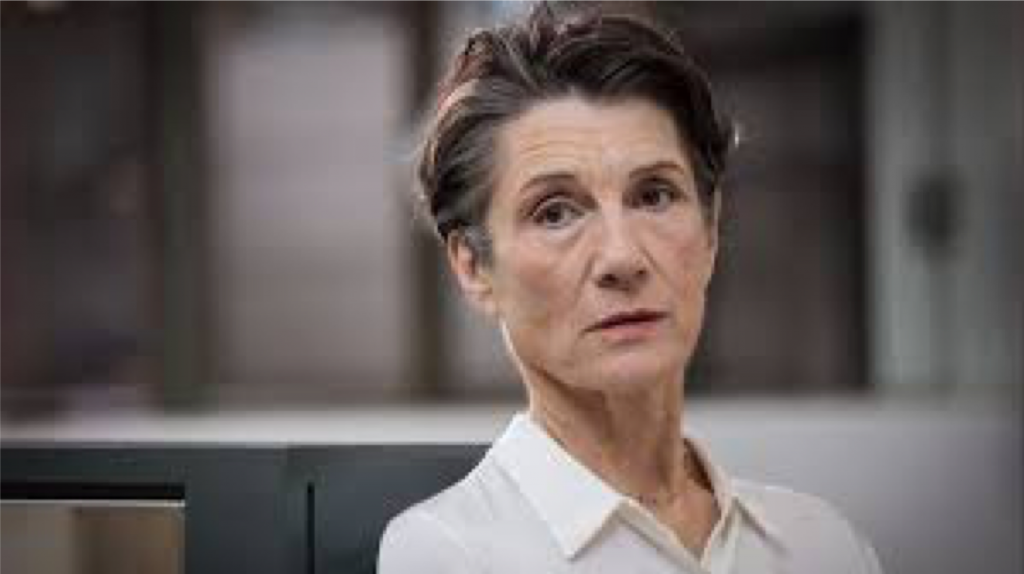The following is taken from the beginning of a paper given at a Women and Indian Shakespeares Conference. The panel on which it was given was called ‘Rewriting Shakespeare’s Women in Practice’, and included in the line-up was Rani Drew, a playwright alluded to in the paper. It was truly about a comedy film script I have written, nearly completed, about the Shakespearean Red Bull playhouse, Clerkenwell, and it ‘tested the waters’ with regard to part of the film taking place in India, alighting on the research behind the name of a character. But I chose to begin it with a preamble about my name – Eva – and a perceptible resurgence of the use of it lately evident on stage and screen 2018-19.
Eva Griffith, ‘The name ‘Eva’ and the name ‘Darcas’: Dorcas Leigh and a film script about the Red Bull playhouse, Clerkenwell’

This is a paper about entertainment presentation. It is also about history – some of it very old history; Shakespearean history, yes, some of it Indian history reimagined while Shakespeare was alive. But, feeling generous, I also want to talk in terms of Biblical story, important myth if you like – and – names. The paper brings us matter from Shakespearean theatre history put into a screenplay, and brings us right up to the current day. Sometimes it is a “dark” current day.
I have to give you a preamble to this paper. The later theatre history gives you new information while at the same time I ask for some simple advice from you.
But the preamble is, most certainly, more important than the substance.

“Darcas” as in “Darcas Leigh” – the name of the main woman in question – is a kind of corruption of the name “Dorcas”. This name, for me, occurs in the Shakespearan actor Robert Leigh’s will where he benefits an adopted daughter quotes “Darcas Woodgate alias Leigh”. Leigh was a veteran actor of the Red Bull company when it was the ‘Servants of Queen Anna of Denmark’, previously “the Earl of Worcester’s men”. “What’s in a name?”. Quite a lot when it comes to your patron when, as an entertainment entity, you are dependent on the courtier or Royal name with which you are associated. This would give you validity and entrance into further money-making ventures. I have been interested in Robert Leigh as someone who, apparently, in court cases, crops up as a man who would stand up for the truth, even when it made things awkward for him. And I was intrigued by the idea of this ADOPTED daughter who was called not “Dorcas”, but “Darcas”. But before I talk about how I imagined Darcas for my comedy screenplay about the Red Bull, an early modern theatre in Clerkenwell – a rival, in fact, to Shakespeare’s Globe – I want to talk about another name. My name. And India – and – The World. (Not without ambition, then…)
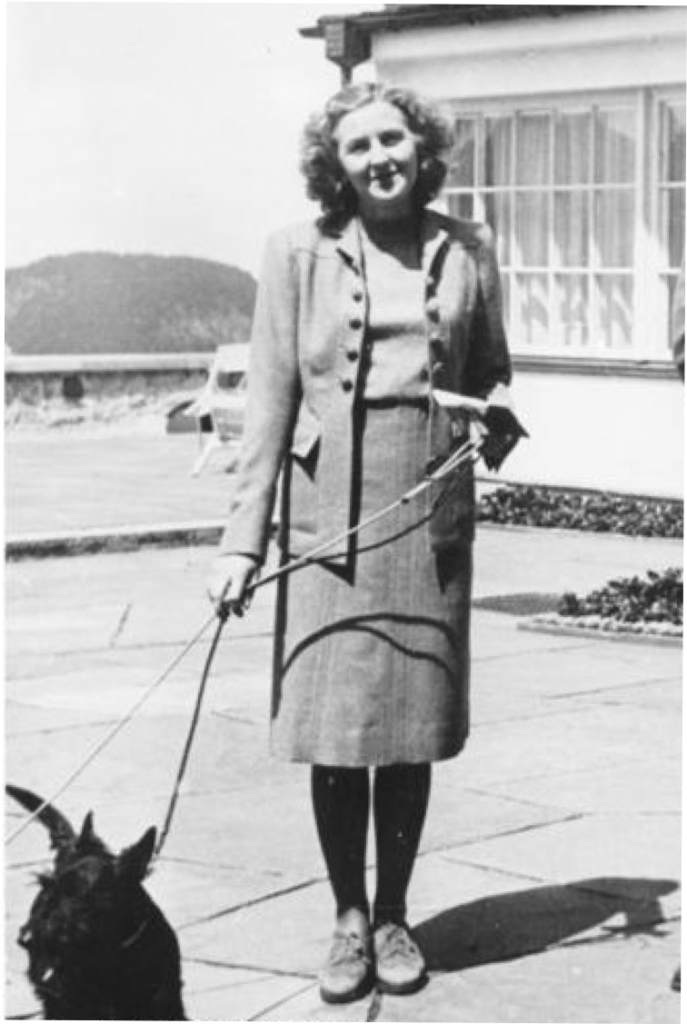
My name is “Eva”. And just recently I have become conscious of a change of view around my name. “What’s in a name?” I ask again just as Shakespeare did as Juliet. When I was small, there were very few little girls called ‘Eva’. None to be honest. There was, I believe, one important historical reason for this. It was 1963 when I was born, only eighteen years after the end of World War II. While London was still rebuilding itself after The Blitz, then, nobody went near the name “Eva” because Adolf Hitler’s girlfriend was called “Eva”. Or “Ava”. “Eva Braun”. And I believe this was the main reason why I was the only Eva around. Just plain “Eva” is Latin for the first woman in the Bible, “Eve”. It is, therefore, a very important name. Milton knew it. I am not sure Shakespeare did much. He hardly seemed to bother with Eve (except, perhaps, “When Adam delved and Eve span…”) Probably because she was always there when he wrote about women, like an unlucky albatross hanging around all their necks. Why over-egg the omelette or gild the Lily with someone who was already there?
The name “Eve” has longer variants or more informal nickname-type manifestations. “Evelyn” is one longer variant, considered old-fashioned and hardly ever used. “Evangeline” is another that was nowhere to be seen when I was small. Maybe it was a bit too evangelical in feel. Poor old ‘Eve’ (as a name) was further blighted in my youth by the South American dictator’s wife, Eva Peron who, when I was a teenager, was given full-frontal exposure in the musical Evita, where she was given a semi-prostitute feel – the ambitious actress. Again I became self-conscious about my name. It felt something to be ashamed of – to be avoided.
So what is the change I recognise around my name, before I get on to Darcas’s?
Well I noticed, just around the time when my mother – who gave me my name – died in January last year, the World, far from rejecting Eve any more, seemed to cue in multiple Eves, a veritable Wilderness of Eves and Evas. Indeed, it seemed, Eve was EVERYWHERE.
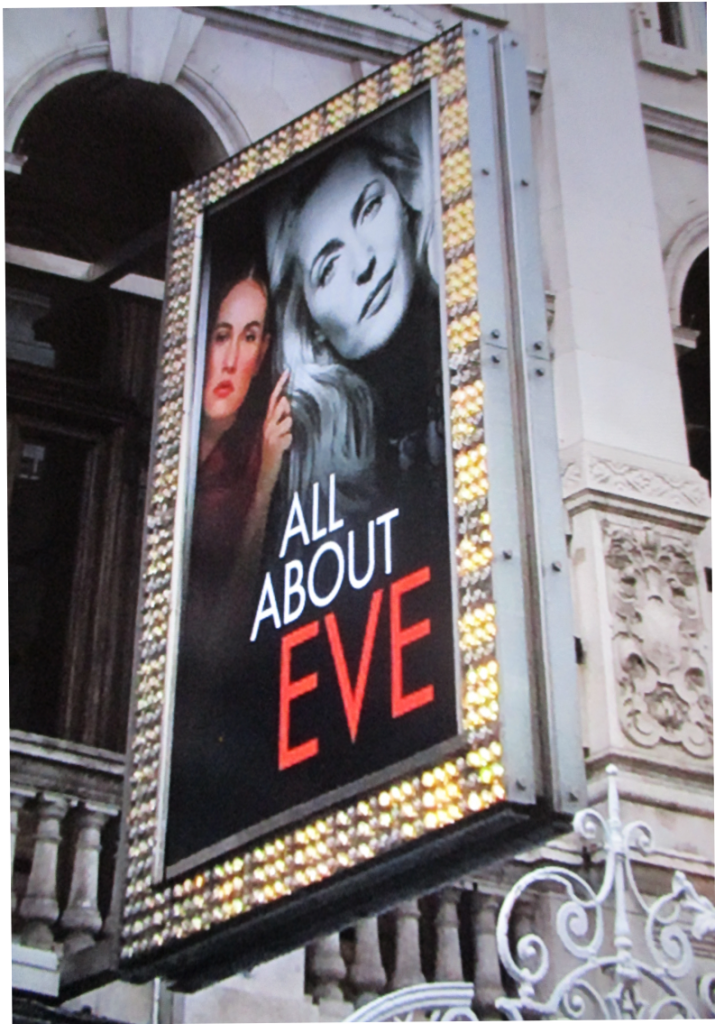
Surely you must have noticed it too? On TV, films and in the West End, Drama, advertising and all sorts were brimming with Eves – indeed – you could not move for the name or symbols, of the true First Lady. There were orchards of Eves, representatives of the the poor woman who started all our trouble – by accepting an apple from the Tree of Knowledge.
For what I want to say here, we are mainly talking about drama and entertainment during 2018-19.
There was ‘Eve Ashby’, played by Harriet Walter, in a programme called Black Earth Rising, about genocide and difficult African politics, there was an Evie Steele in the endlessly rowing British soap opera, EastEnders. Evie, played by Sophia Capasso, was portrayed as the head honcho of a group of drug-dealers. At the British Film Institute there was a long-running showing of an old Barbara Stanwyck film called The Lady Eve, also starring Henry Fonda. Filmed in 1941, I don’t think it is a particularly famous film, but it seemed to be in the BFI’s schedule for an exceptionally long time. There was the West End presentation of another old film, the one with Bette Davis, about an acutely ambitious actress called Eve, entitled All About Eve.
There was a rather nice character, I thought, called ‘Evangelista’ in a successful, stylish American TV series called Pose, which still airs on the BBC. There was a rather more soppy Evie in the gothic comedy horror: What We Do In The Shadows. ‘Evie Russell’ was her name. The poor woman tried to protect herself from the vampires in one way, while in another was completely naïve about them, even falling for one. Evita was revived at the Open Air Regent’s Park theatre. A successful production this year, it is to be reproduced next year. Above all, of course
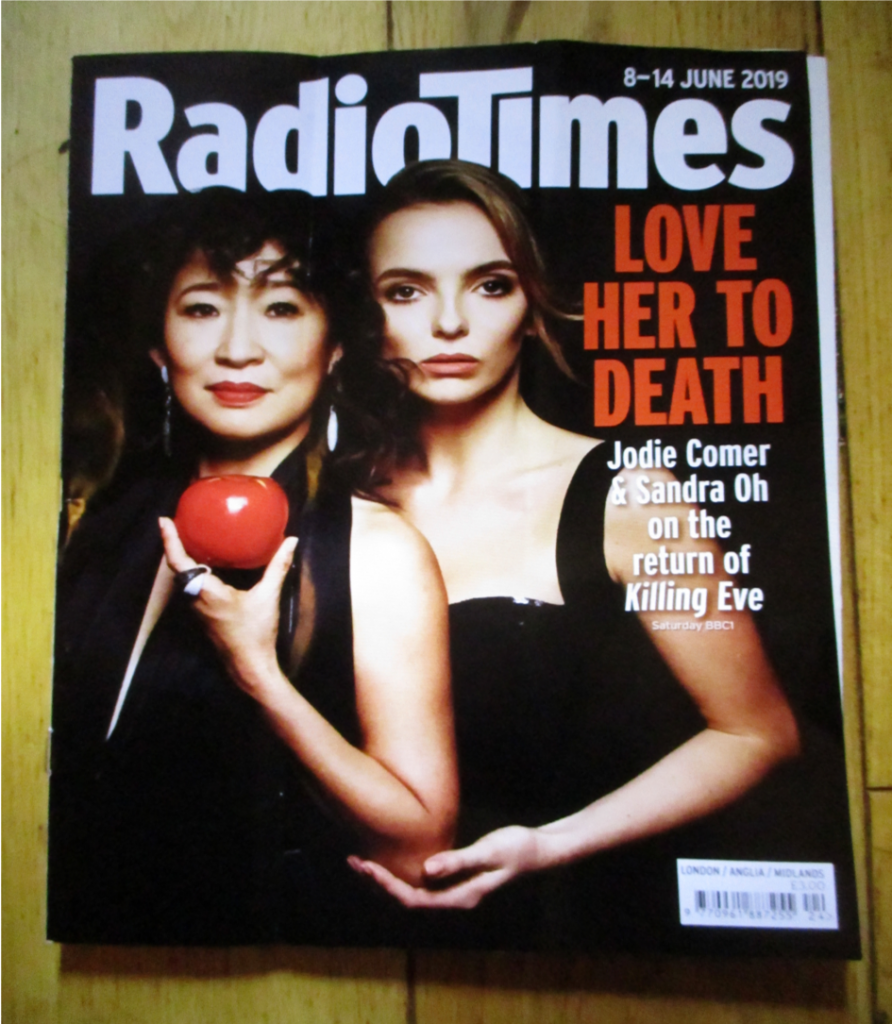
there was the highly acclaimed BBC production, Killing Eve, which has won all plaudits on both sides of The Pond. The e-books which inspired the Killing Eve series are not called Killing Eve but Codename Villanelle. The series name was deliberately changed – and to include, pre-eminently, the name – my name to all intents and purposes – ‘EVE’. The books are named after – not the MI5 character “Eve” played by Sandra Oh in the series – but the nastily virulent Russian – the assassin figure, performed by Jodie Comer.
Do you know, I could go on with my examples of ‘Eve’ in our entertainment outlets just recently. But cutting a longer story short, and looking, of course, carefully at the work of at least my fellow panelists’ papers for today, my name pops up on playwright Rani Drew’s abstract. Here – my name – “Eva” – is billed as a character who is QUOTES “a typical male-oppressed woman”.

In my Shakespeare and Me based on Shakespeare’s As You Like It and five other plays, I reconstruct a modern play set in Hungary, where a young woman aspiring to be a theatre actor for the Hungarian National Theatre has to pass the theatre exam. As she has already failed three times, she decides to rewrite Shakespeare from seven of his plays for the last fourth exam, giving the female characters redone voices that challenge Shakespeare’s own writings. Her friend, Eva, a typical male-oppressed woman, reproaches her for such militant feminism only to reveal that she herself is an abused young woman.
Well, what to make of all this? Why the frankly internationally-perceived social need to evoke Eve or Eva now, having avoided her for so long? Without going into too much detail, when I was around seven I did something about my name by making it longer. So this particular Eve, me, on a certificate somewhere, became “Evangeline”. This name means “God’s happy messenger”, so you’ll forgive me if I impart a special message, as a New Eve, unlike the old one, who started all the trouble.

Taking that apple – that forbidden apple from the Tree of Knowledge – Eve performed the first “contract” – we could say – in a World that was bound to get into difficulties the moment she bit into it. Eve wanted Knowledge. She wanted the PhD from Wittenberg. She wanted to discover DNA, she wanted to split the atom (actually, men did all those things) but Eve wanted it, that Knowledge, so she took and, unfortunately, she bit. She, figuratively The Earth Mother of us all, wanted it for us and was cast out for not appreciating what she already had – Paradise in the Garden where all the good things were – while, meanwhile – cut to – Twenty-First Century; Day,
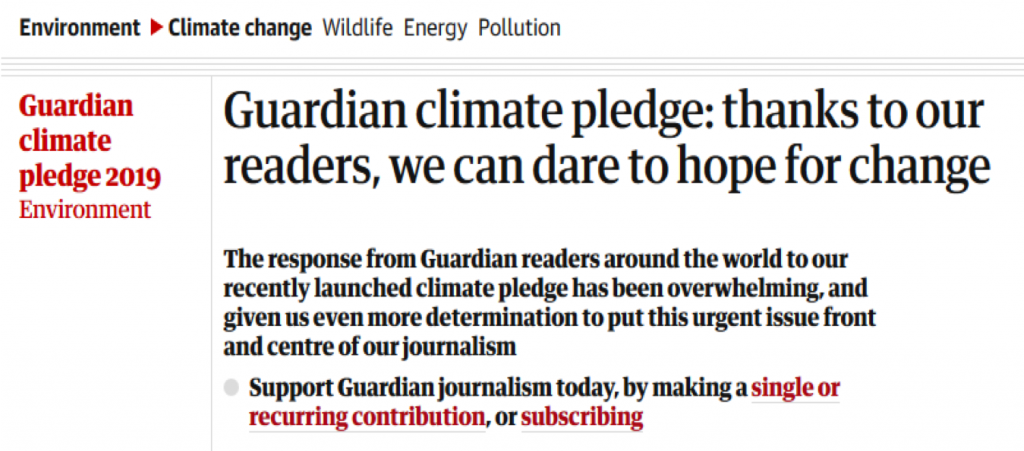
where the World, without understanding it, is calling out to Eve s as if to say: “Now wait a minute, something has gone wrong here, Eve. Come back! No, you, over there! The one with the sorry-for-yourself look and the barely chucked-away apple core. Come back and put this right! Hey Eva, drop the contract and come back! Over one-thousand eight hundred scientists have put their name to a document which says we have reached the tipping point and, sooner than we think, Humanity will be no more. Paradise is not just lost, it is sinking! The ice-caps are melting, the sea-levels are rising, everybody notices hotter summers and wetter monsoons. The sea is coming in, like dunking-coffee at an internet cafe, eroding the biscuit. Take, for instance, INDIA, Eve.” According to reports, India’s Environment Ministry says that 2,400 Indians have died, recently, as a direct result of climate change. This was all during what I could term the Eve “resurgence” during 2018-19. The Indian Meteorological Department declares that floods and cyclones are increasing in both frequency and intensity in that country. One article states that between when my parents met in the ’50s and 2017 there were 285 reported flooding events leaving 19 million homeless in India, and killing around 71,000. Gee, was it an English degree you took, Eva, and not an ecological one? For God’s sake go back to the drawing board. This is serious And it is getting worse. A friend of mine had to return to Kerala last year to deal with his homeless mother, suffering from dementia, one of over a million people evacuated after that disaster. I had to look after a woman with dementia once, but at least she was (relatively) dry. About India, Eve, and according to World Bank, average temperatures could rise in that country from 25.1°C to 29.1 by the century’s close if climate change rages on without let. So here it is in brief, sweetheart. While we formulate our tongues and thoughts around real terms at this conference like ‘Shakespeare’ and ‘The Red Bull Playhouse’ – and very important terms they are, too – and I formulate my wordy tongue around a complex scientific term like ‘climate change’ – many British politicians seem more interested in made-up terms like ‘Brexit’ than the state of the planet, and the joyous technicalities of splitting us up rather than bringing the World together to – well, frankly – help our children understand that Earth might roll on for quite a while longer, but human beings, as of now, stand very little chance of rolling on with it.
From one set of dangers and sad truths to my dilemmas about Red Bull theatre history, history, imagination and how this might translate to a film comedy, [COUGHS] this Eve will break smartly and tell you about what I am attempting there…
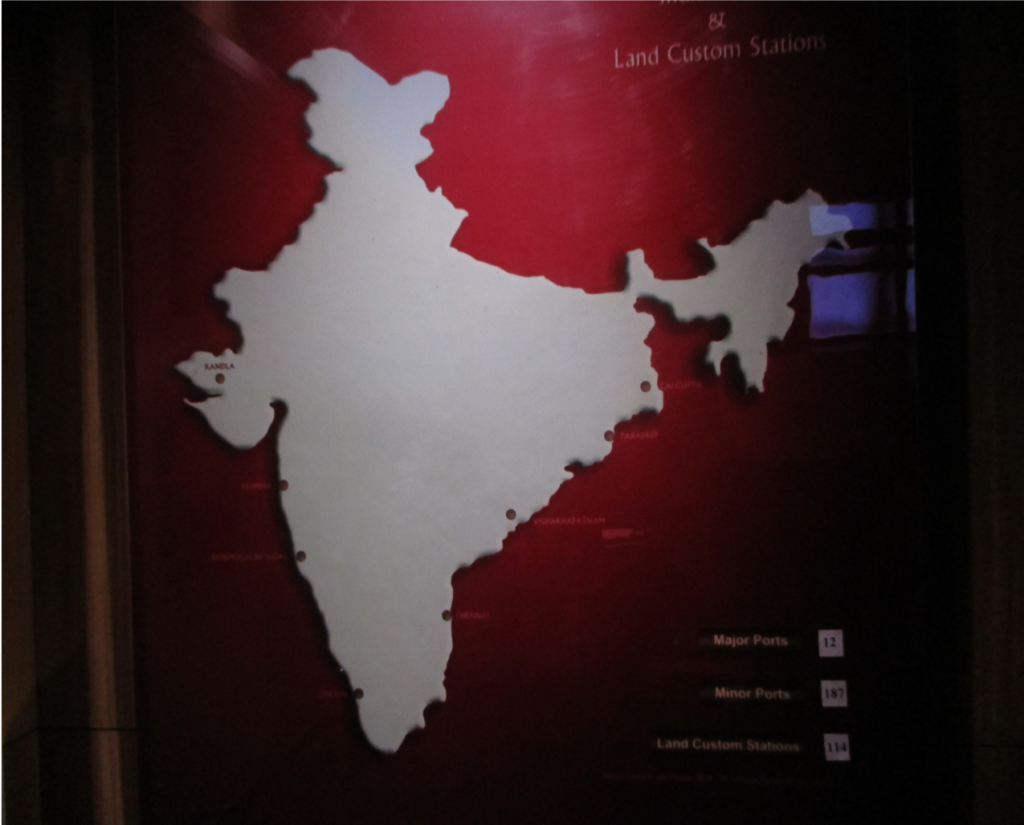
In my film about the life of the Red Bull playhouse, inevitably, as with the environment, History wrestles with what the public would rather see rather than what is. Ironically, during the same period when I noticed my ‘Resurgence of Eve’ everywhere, some new research fell into my lap about the site of the theatre which I have researched for over twenty years. In my film, Shakespeare has a bit part as a writer who is actually envious of the Red Bull’s theatrical innovations. With this in mind I have done dangerous things in my script like trying to recreate…
